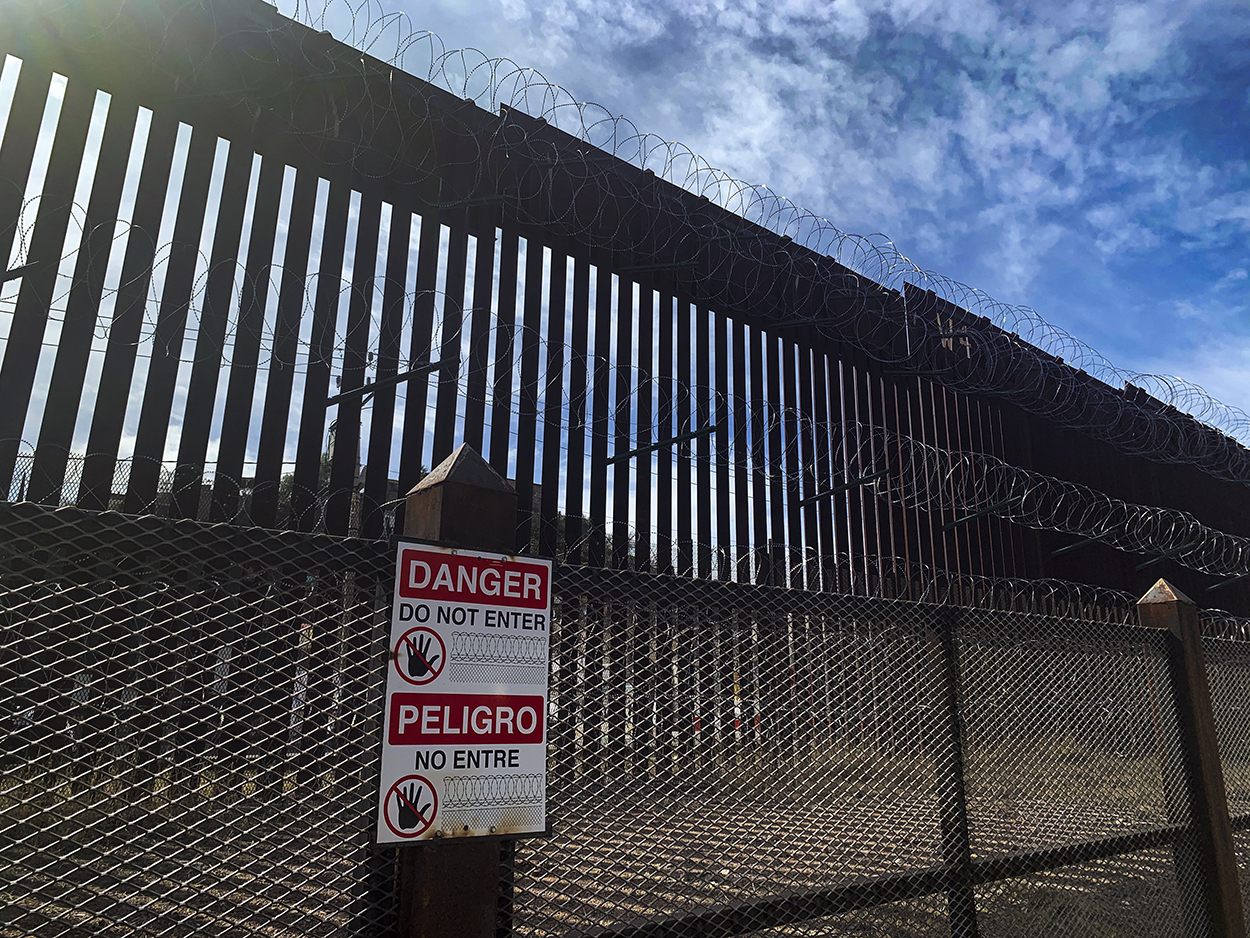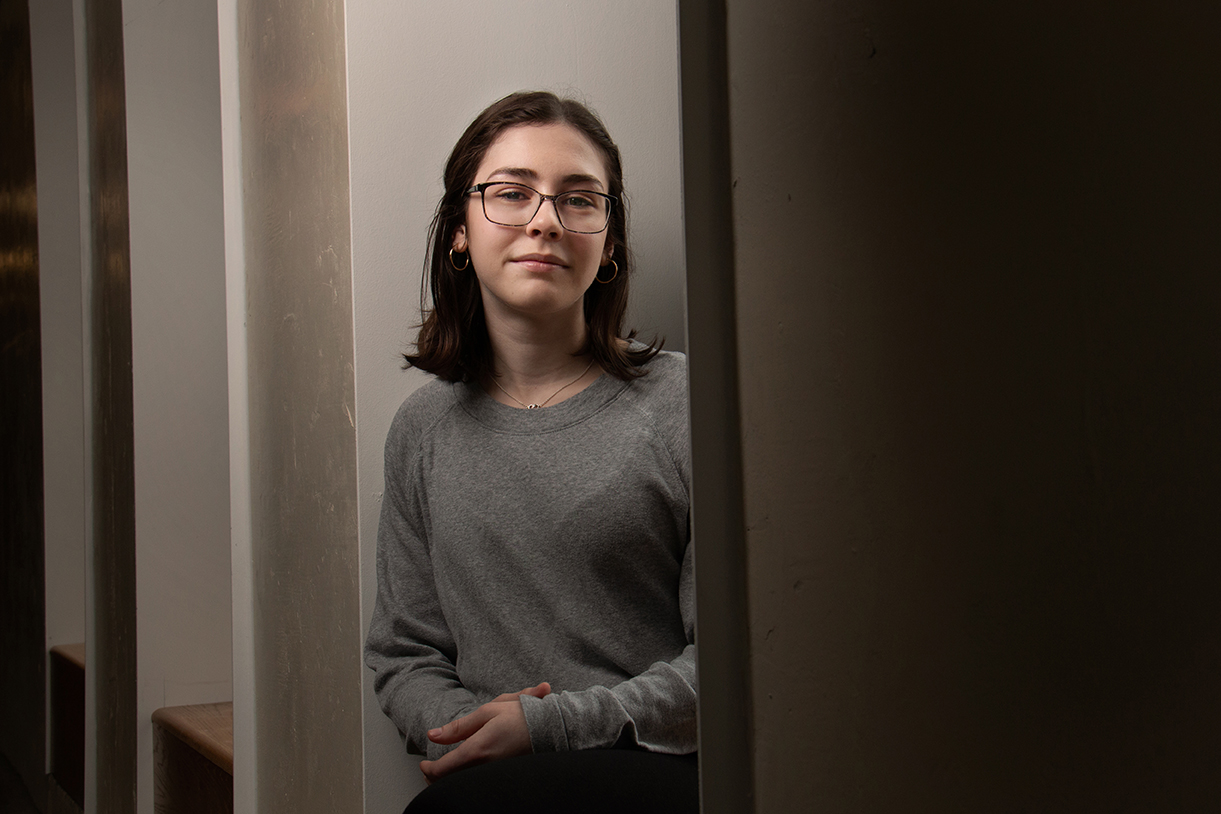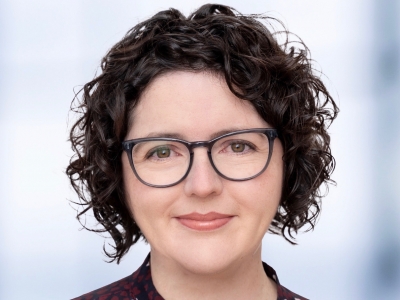
Photo provided by Chelsea Marin
By Karen Kelly
Each year, dozens of Carleton students sign up for Alternative Spring Break, a “community engaged learning” trip that enables them to explore sociopolitical issues and take part in community-led development initiatives in a number of different countries. In 2020, a group of students traveled to Nogales, Arizona, to explore the “social, political, and environmental migration across one of the most continuous borders in North America.”
Rather than vacationing during spring break, a group of FPA students found themselves sitting in a deportation hearing in Nogales, Arizona, witnessing migrants without status get sentenced in court. They were later deported back across the border to their country of origin.
“It was devastating to watch the lack of dignity in it all and the lack of humanity,” recalls Hannah Velle, a first-year student in the Bachelor of Global and International Studies (BGInS) program. “You expect to see one person with a lawyer. Instead, they processed about 75 people in an hour, calling them up in groups of 6 or 8 to make their plea.”

Hannah Velle, Photo by Bryan Gagnon
Velle was one of 27 Faculty of Public Affairs students who took part in this year’s Alternative Spring Break, an experiential learning program that concludes with a week-long trip during winter reading week. Students stayed in communities in Guatemala, Costa Rica, as well as Nogales, which straddles the U.S.-Mexican border.
Katie Sharar is part of the Kino Border Initiative, which runs a humanitarian aid center that provides essential services such as medicine, meals, shelter, and legal assistance to migrants and refugees in Nogales. She met the Carleton students at a Tucson courthouse.
“I think the experience affected the students because they observed how little due process migrants and asylum-seekers get in the United States,” says Sharar. “They essentially saw that, if you are caught crossing through the desert, for no matter what reason–to save your life, to save your family’s life, to escape poverty, to reunite with loved ones–that will be treated as a crime.”
Third-year Communication and Media Studies student Chelsea Marin also joined the group as a team leader. She appreciated meeting with local people who were opposed to the border restrictions.
“We talked to a rancher who joked that the media makes it out to be a war zone, but he doesn’t even lock his doors. He and others viewed the border wall as a political statement,” recalled Marin. The group met with a sheriff who grew up in Nogales, Senora, and opposes the policing measures around the border; as well as the principal of an Indigenous school that included students from both sides of the border, and has the highest test scores in Santa Cruz County.
“This experience helped us understand how our own privilege and biases affect us and how we see other people,” explained Marin. “It enabled us to expand our knowledge and perspectives about the world.”
The group also learned about environmental concerns caused by the border wall, citing it as a barrier for migrating animals, as well as a breach of U.S. environmental laws.
The experience has led Hannah Velle to look for other opportunities in Nogales. She is interested in working in immigration and refugee law and is doing research to see if she can return to Nogales to complete the international experience required by her BGInS degree. When asked whether the experience would influence her future studies and career decisions, Velle said “100 percent.”
“I definitely want to go back to that area because I can’t let go of what I saw there. I feel like if there’s any way I can contribute, I need to go back and do that.”
Learn more about the Alternative Spring Break experience.
Thursday, April 30, 2020 in Arthur Kroeger College of Public Affairs, Bachelor of Global and International Studies, Communication and Media Studies, News
Share: Twitter, Facebook



